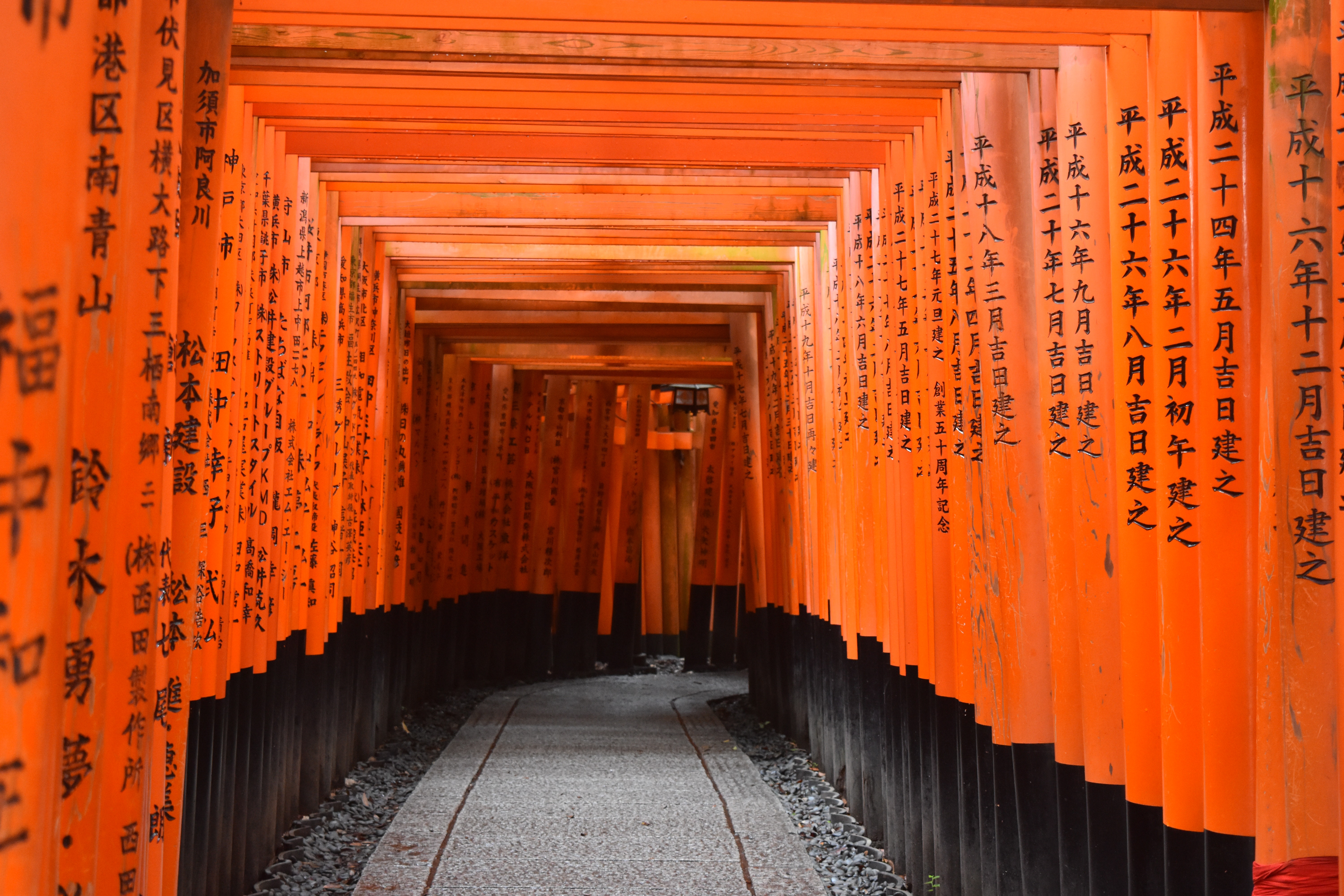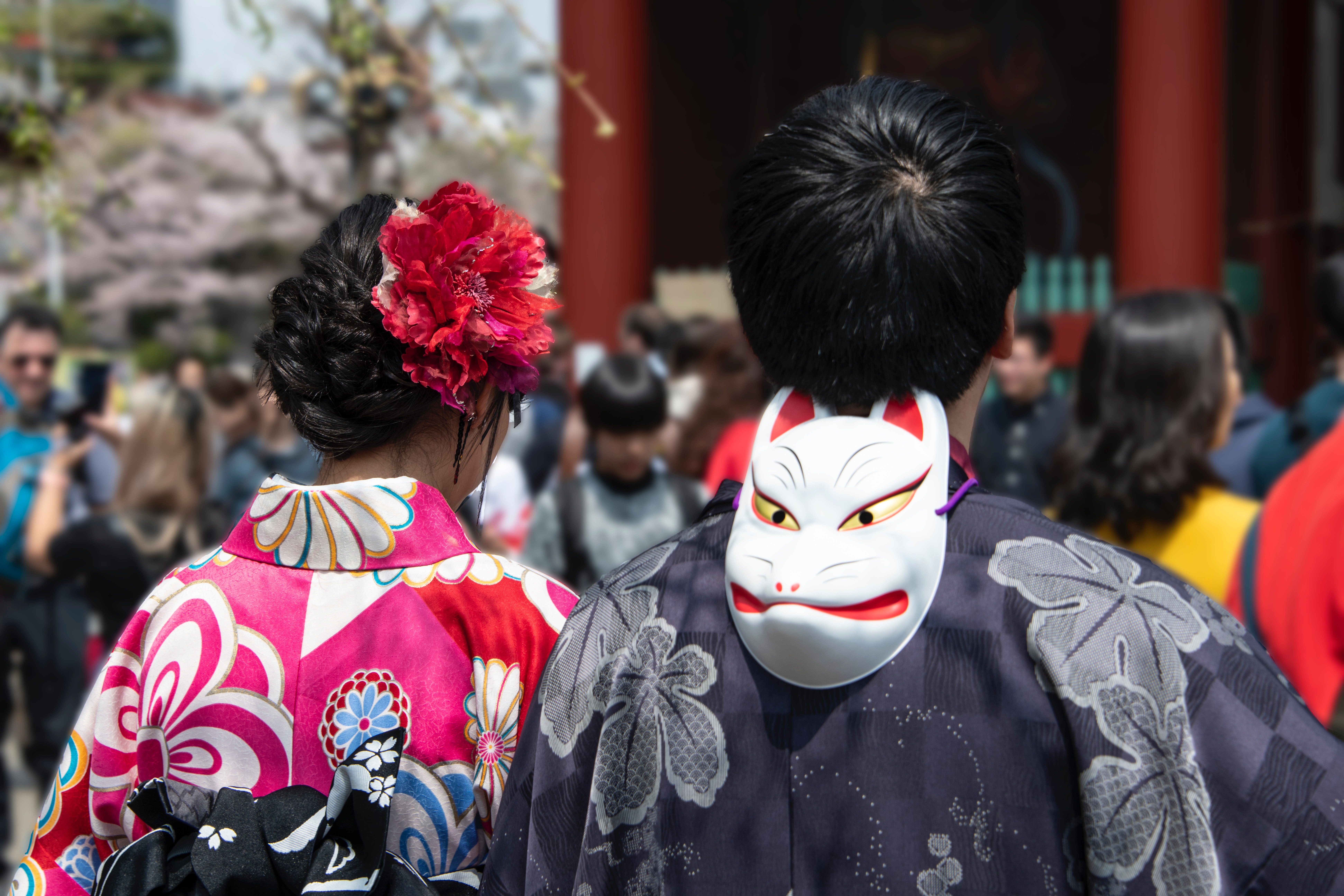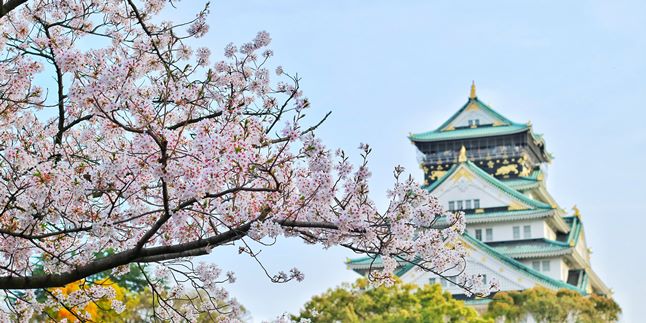Kapanlagi.com - For those of you who are learning Japanese or like watching anime, you must be familiar with the word ganbatte. Because, ganbatte is often said in various occasions. But do you know what ganbatte means? Actually, ganbatte kudasai is an encouraging word or phrase often said by Japanese people.
So it's no wonder that ganbatte is popular. Ganbatte is also included in one of the formal words, KLovers. However, it can also be an informal word, depending on who you are talking to. Well, even though you know that ganbatte is one of the encouraging expressions, it's also important to know the deeper meaning of ganbatte.
For KLovers who are curious about the meaning of ganbatte, here are the meanings of ganbatte as well as the changes in the word that you can know and understand. Let's check it out, KLovers.
1. Meaning of Ganbatte

Illustration (credit: Pexels)
As explained before, the meaning of ganbatte is an encouraging word. The meaning of ganbatte kudasai is an expression used when you encourage someone. The use of this expression is usually more formal. The word ganbatte is an expression that comes from the verb ganbaru, which means to strive or persevere.
Then, the word undergoes a change in form from a verb form to te + kudasai form, which changes the meaning to "asking someone to strive or persevere" or another meaning, "be spirited". However, besides ganbatte, there are still many other words of encouragement that can be used in the Japanese language.
Now, when someone gives you the word ganbatte, there must be a response. Yes, if you receive the word ganbatte, then you need to know the answer. You can answer with two responses, first you can answer "Hai, Ganbaru" which means "yes, I will do my best". And second, "Arigatou gozaimazu. Ganbaru yo" which means "thank you. I will fight."
2. Changes in the Word Ganbatte

Illustration (credit: Pexels)
In the use of the word ganbatte itself, it turns out that it has a change in form, KLovers. Yup! This change in form can occur to the person you are talking to. Here are the changes in the form of the word ganbatte that you can know:
1. Ganbatte
For the word ganbatte, it is shorter than ganbatte kudasai. Usually used for friends, close people, or family. Avoid saying it to seniors or superiors.
2. Ganbare
For this type of word, it becomes an expression of enthusiasm that has a deep or blazing impression. Usually used with very close friends. This expression is also commonly used in sports events to cheer on the team or athletes you support.
3. Ganbarou
This word ganbarou is used when encouraging each other or when fighting together. Used with friends and it is better to avoid using it with seniors or superiors.
4. Ganbarimashou
It has the same meaning as ganbarou!, but it has a more polite and formal impression. Can be used when encouraging each other among colleagues, school friends, superiors, or seniors.
5. Ganbatta
Ganbatta is an expression of encouragement in Japanese that means "I did my best". Ganbatta is commonly said to family or relatives after completing a difficult task.
6. Ganbarimashita
Ganbarimashita has the same meaning as ganbatta. The difference is that ganbarimashita is more polite than ganbatta. Therefore, you can say it in a formal context.
7. Oen Shite Iru
Oen shite iru is not a variation of ganbatte, but it is also commonly used as an expression of encouragement in Japanese. This expression means "I am here supporting you" and can be said to a friend or in an informal context.
8. Anshin Shite Kudasai
Anshin shite kudasai is an expression of encouragement in Japanese that means "don't worry". Literally, the word "anshin" means "relief" or "lightness". This phrase is commonly said to remind someone to stop worrying about a certain situation.
9. Faito
Literally, faito means "fight". This Japanese expression of encouragement is commonly said by Japanese people to motivate someone in overcoming their struggles.
3. Other Encouraging Words

Illustration (credit: Pexels)
There are many words of encouragement in Japanese, not just using the word ganbatte. You can also give words or expressions other than as a form of encouragement or support. And here are some other encouraging words that you can use besides ganbatte, but have the same meaning as ganbatte.
1. Ouen shiteimasu (I will support you)
2. Genki dashite (Cheer up)
3. Kimi nara dekiruyo! (You can do it!)
4. Akiramenaide! This expression is often used by women (Don't give up!)
5. Akirameruna! This expression is often used by men (Don't give up!)
6. Ososugiru koto wa nai! (It's never too late!)
7. Anata saiko! This expression is often used by women (You're the best!)
8. Omaewa saikoda! This expression is often used by men (You're the best!)
That's the meaning of ganbatte that you can know and understand in Japanese. Not only understanding and knowing the meaning of ganbatte, you can also know the changes in the word ganbatte along with other expressions of encouragement.
(kpl/gen/dhm)
Disclaimer: This translation from Bahasa Indonesia to English has been generated by Artificial Intelligence.















